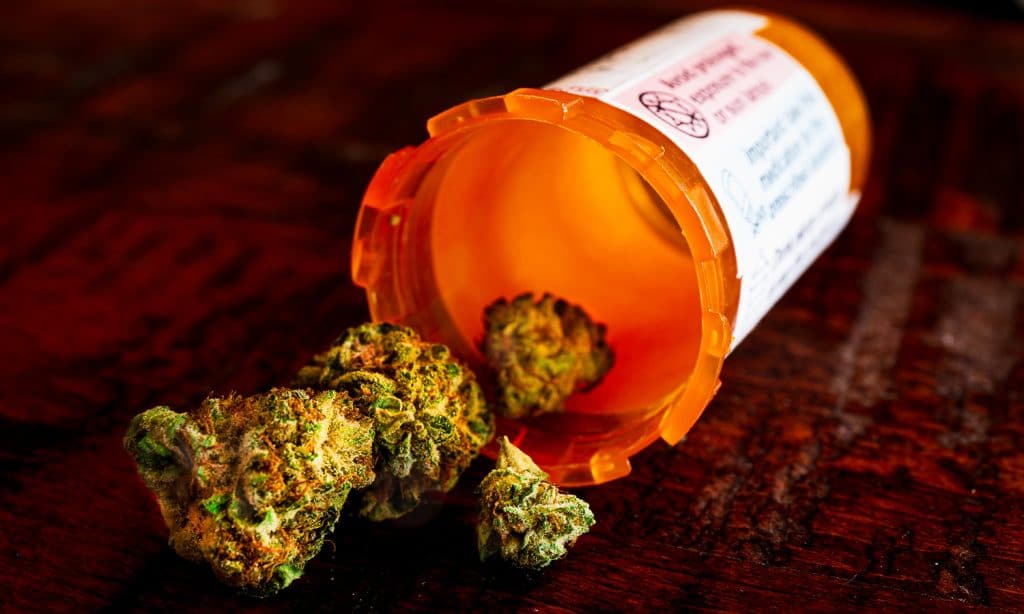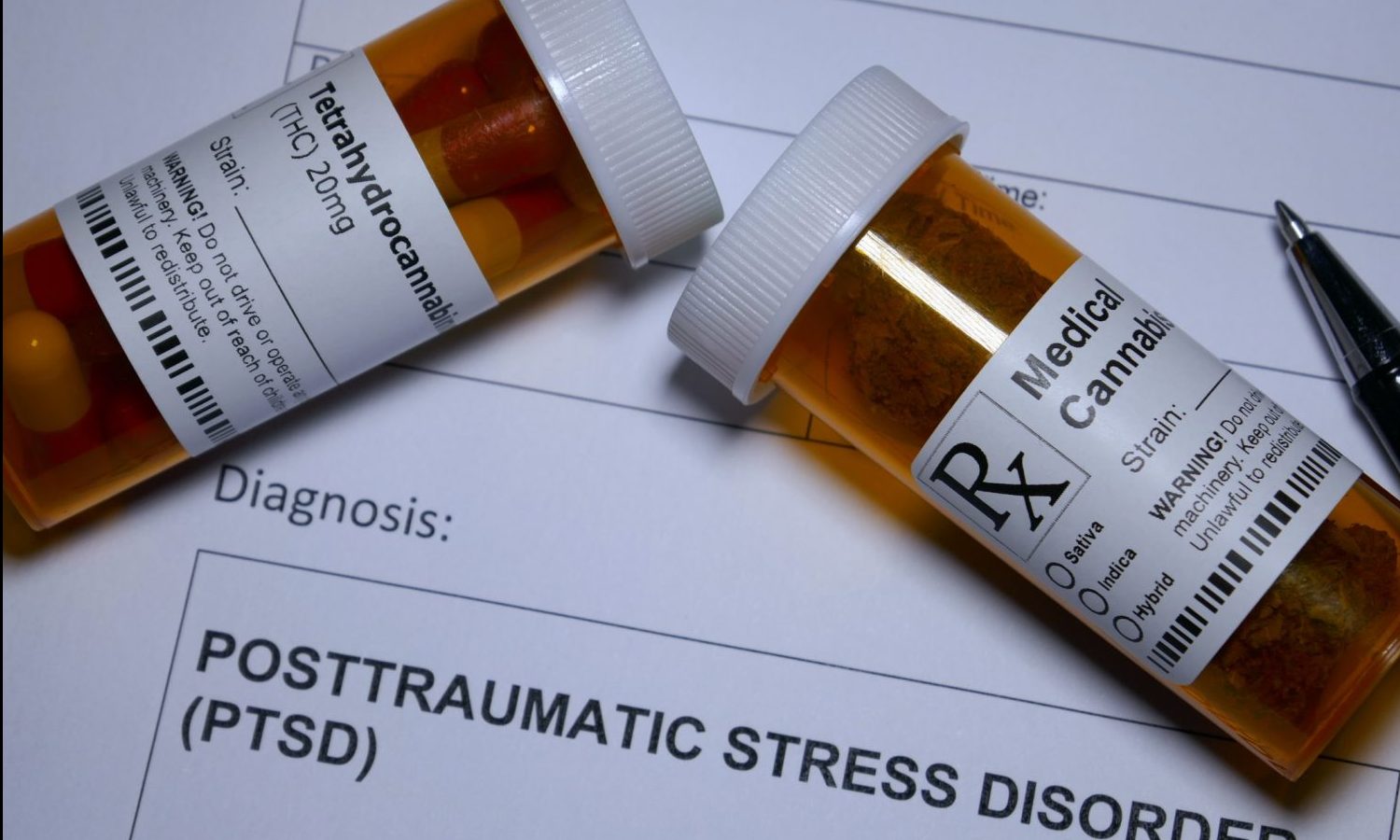The high rate of cannabis use for chronic pain and the subsequent reductions in opioid use suggest that cannabis may play a harm reduction role in the opioid overdose crisis.
Post-traumatic stress disorder(PTSD) is a highly prevalent disorder among the world population, particularly veterans. Whether from childhood neglect, being around violence, domestic abuse, or serving in the military, PTSD affects millions.
On December 9, 2020, a team of investigators published a study on the long-term effects of cannabis on 150 participants. Splitting up the group between those using dispensary cannabis and controls who weren’t using any cannabis, they found “participants who used cannabis were 2.57 times more likely to no longer meet DSM-5 criteria for PTSD at the end of the study observation period compared to participants who did not use cannabis”. The study comes after earlier 2020 research reviewing controlled studies that found cannabis derivatives promising in treating PTSD.
Additionally, they commented that medicinal and recreational grade cannabis might prove adequate as a PTSD treatment option. Compare this comment with the scientists’ statement that the poor quality of cannabis supplied to researchers through the federal program hurt their work in 2019.
The Deputy Director of NORML, Paul Armentano, commented that veterans are far more likely to self-report using cannabis and that these December finding further legitimize their claims. As one may imagine, veterans are most likely to suffer from PSTD and drug abuse, including opiate abuse.

Fortunately, a more recent study (Dec. 27, 2020) was published in the journal Pain Medicine on opiate use and cannabis use. This analysis of 1,145 patients found a 78% reduction in mean opioid dosage after six months of treatment with cannabis. Another study from December, published in the journal Drug and Alcohol Dependence, found that cannabis users were at a significantly lower risk of being exposed to fentanyl.
RELATED: Study Shows Cannabis Temporarily Relieves PTSD Symptoms
Research continues to prove a positive future for cannabis as an alternative pharmacological option. However, there’s more work to do to reach a full understanding of its potential. Concerning research on suicidal ideation and self-harm have come out recently as well.
RELATED: Survey Shows 75% Of Veterans Are Interested In Cannabis
Cannabis use may put some people on opiates at risk of suicidal ideation worse off. It may also be related to adolescent self-harm if used in tandem with alcohol. However, those dependent on opiates are already a high-risk population for suicidal ideation, and reckless behavior, in general, is associated with self-harm. These worrying reports do not take away from the conclusion of the December 27 research, which closes with:
“The high rate of cannabis use for chronic pain and the subsequent reductions in opioid use suggest that cannabis may play a harm reduction role in the opioid overdose crisis, potentially improving the quality of life of patients and overall public health.”


